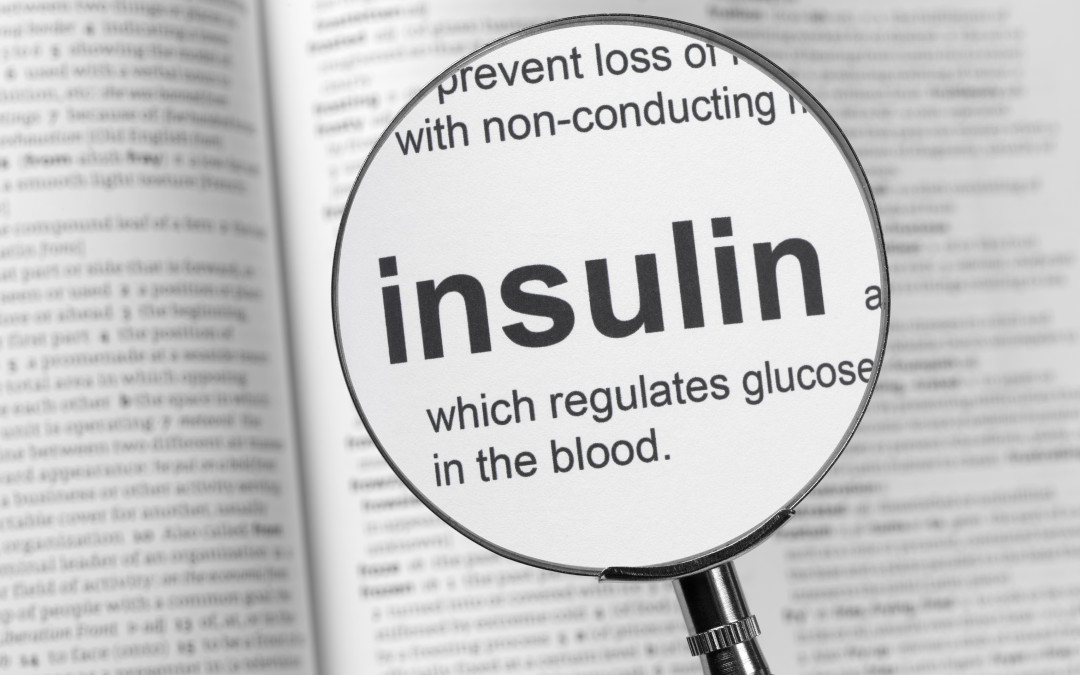
by Maureen Seel, RDN/LDN CDCES
Who? Short-acting (Regular) and rapid-acting insulins (Aspart, Lispro, Glulisine) are recommended for patients with type 1, type 2, or gestational diabetes. They may also be used in other types of diabetes. Persons with type 1 diabetes often use insulin regular or...
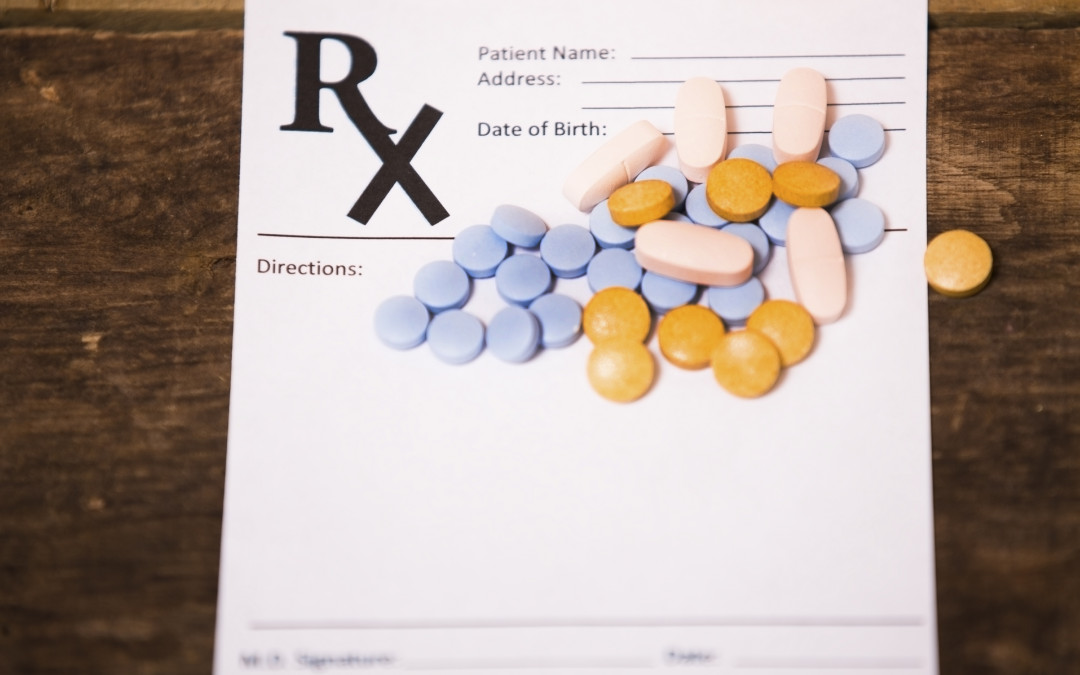
by Maureen Seel, RDN/LDN CDCES
Who? Sodium glucose co-transporter 2 (SGLT2) inhibitors are a relatively new class of drugs recommended for persons with type 2 diabetes who have poorly controlled blood glucose and high HbA1c levels.What? Taken as an oral tablet.There are three types of SGLT2...
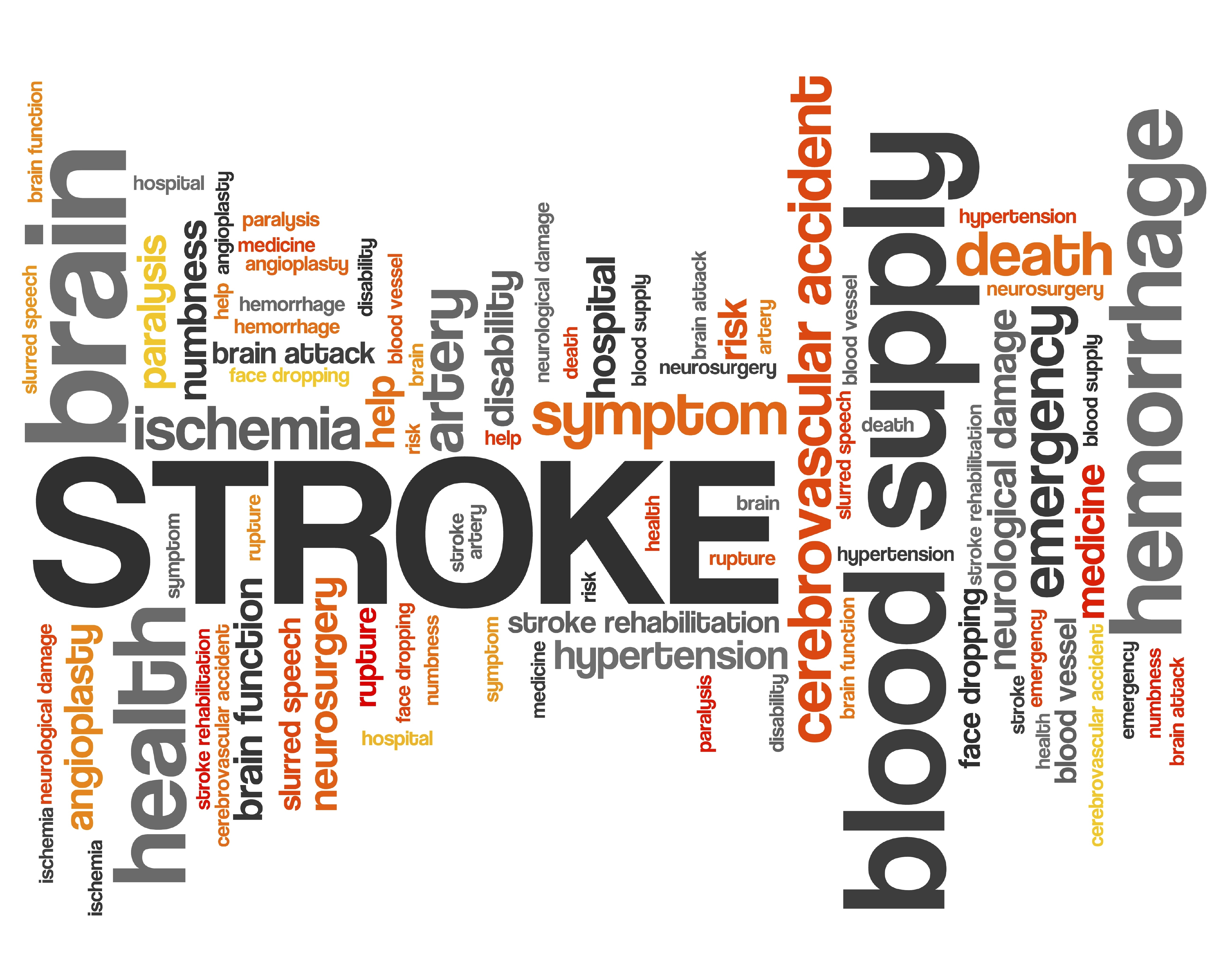
by Maureen Seel, RDN/LDN CDCES
People with type 2 diabetes are more than two times more likely than others to have an ischemic stroke. That’s not surprising when you consider that many of the risk factors for stroke and diabetes overlap: High blood pressure Obesity High cholesterol The symptoms of...
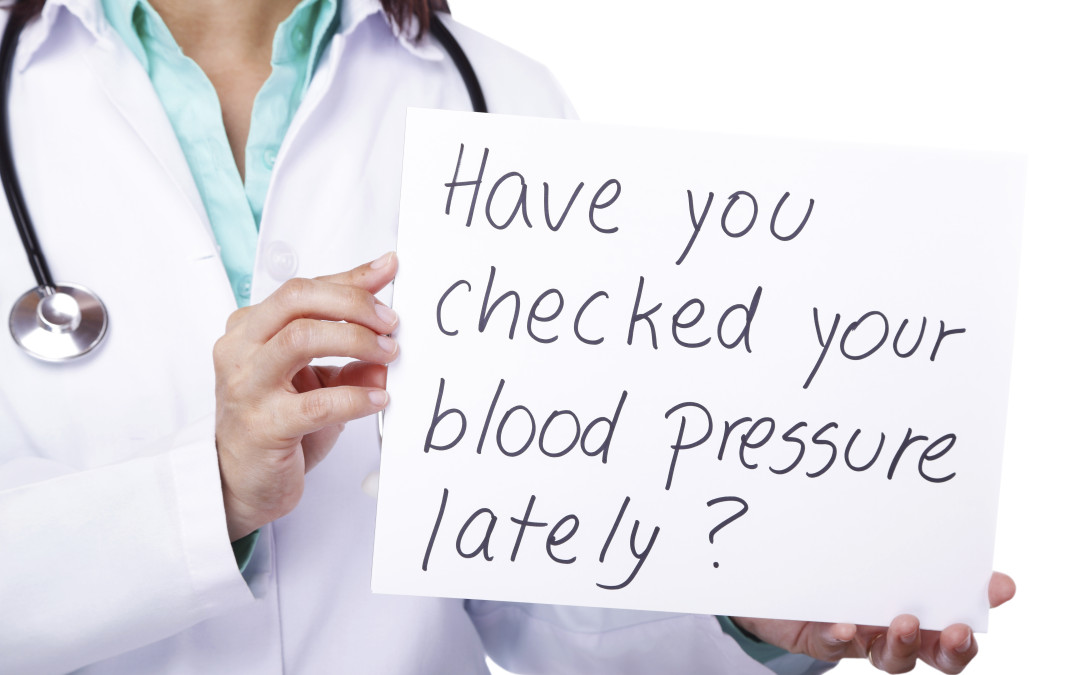
by Maureen Seel, RDN/LDN CDCES
More than half of all persons with diabetes have a condition called hypertension, defined as blood pressure higher than 140/90 mmHg. Left untreated, these patients can develop heart disease, stroke, retinopathy (eye disease), kidney disease, nerve damage, and even...
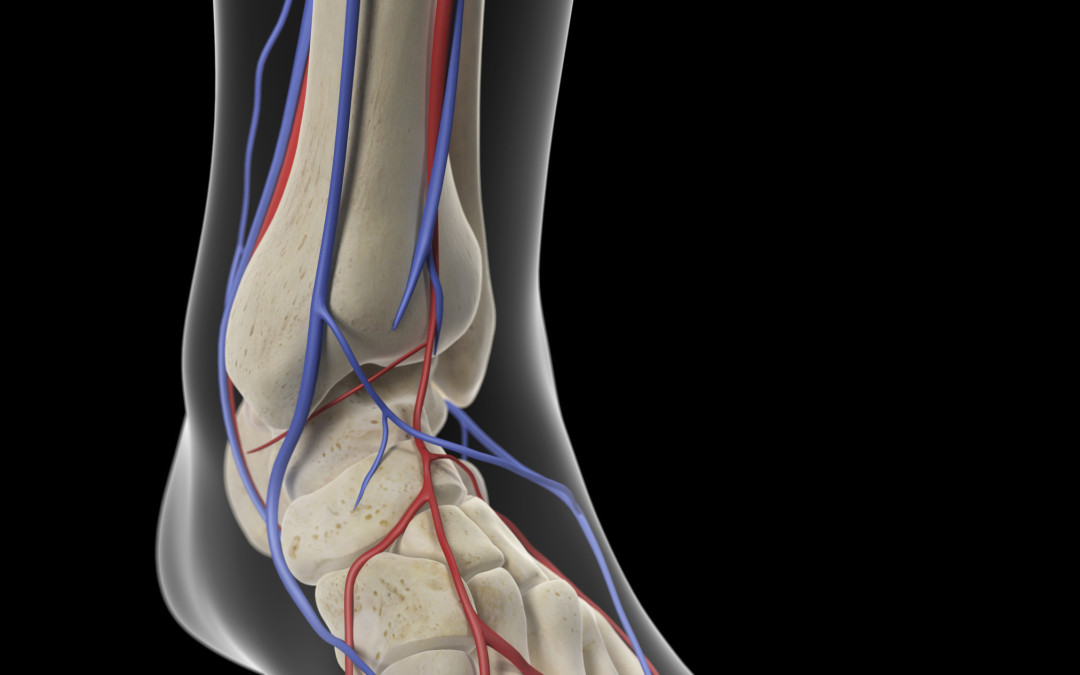
by Maureen Seel, RDN/LDN CDCES
Do your legs ache when you walk but feel better when you stop to rest? Do you have painful ulcers on your feet? These are just a few symptoms of a condition known as “peripheral vascular disease.”Peripheral vascular disease occurs when a blood vessel somewhere in the...





